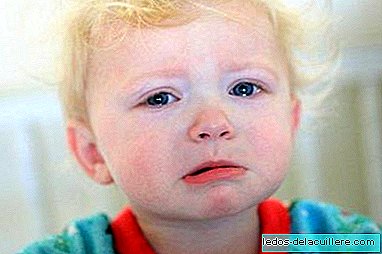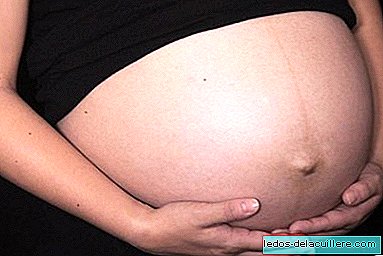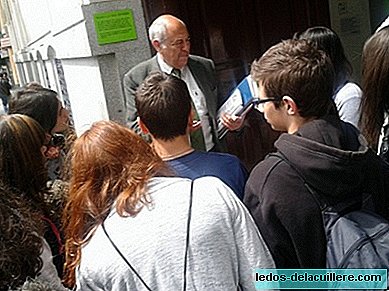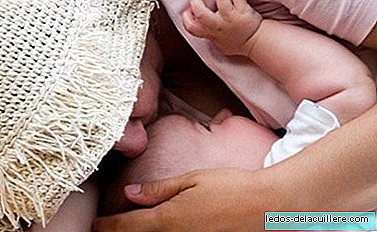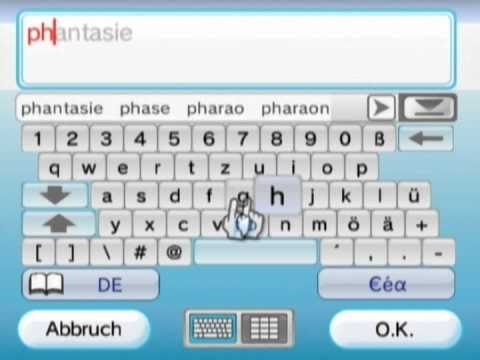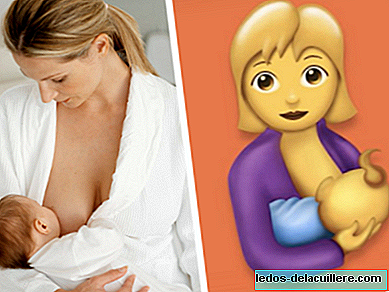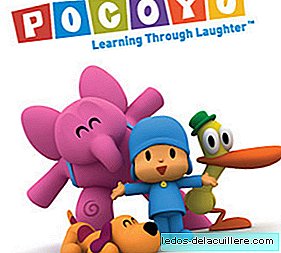
If there were Oscars for cartoon series and children's stars, one would undoubtedly be for Pocoyo. The 7 'chapters of this Spanish doll are currently seen in 100 countries and its tender occurrences, although originally intended for an audience of 1 to 4 years, gain older adherents.
Like every success worth its salt, it has an important merchandising: more than 150 products with its image. In Spain alone, more than one million Pocoyo toys, half a million DVDs, and 250,000 books were sold last year.
El País has interviewed José María Castillejo, the president of Zinkia, the company where Pocoyo is drawn, to know the reasons for this success. And apart from the obvious "work, illusion and technology" he explained the secret ingredient:
“A lot of investment in child psychologists and educators They review all the scripts, so that in each episode they convey a positive message and values such as joy, effort and friendship. Everything is very thought ”
“The success is that it is made from good taste and respect for children”
I applaud that they have experts behind to monitor the content they broadcast, in fact, I think it should be mandatory for all series aimed at children because some screenwriters (Japanese or not) confuse children with potential fighters or mercenaries. The psychiatrist Neubauer already explained to us the consequences of TV on children.
My son, and I suppose that like all children, Pocoyo likes it, however not my favorite character and I have several criticisms if we analyze the topic in more depth of laughter and respect (this is the minimum):
- Pocoyo looks like an orphaned or abandoned child who survives with his non-human friends. Never appears any father or brother or cousin or neighbor.
- They transmit values of independence that are not consistent with their age or their species. Babies need protection, bond, warmth, contact and love of at least one adult: the primary reference figure. Punset explains it clearly in the documentary.
- My Pocoyo feels sorry for me and those pedagogues (who by the way are American although the series is Spanish), are transmitting a kind of detachment raising in which babies spend too many hours alone (or with other babies) and that moves away from your true physical and emotional needs. Pocoyo is a survivor. And what I see is helplessness and not a happy life. And let's not compare it with poor Marco from the 80s because Pocoyo is just a baby and Marco was at least 4 years old.
Carlos Gonzalez explained that today's children are the least affectionate they receive from all of history and Pocoyo exemplifies it very well. Their mother / father are neither soft nor soft nor do they dedicate some quality hours to their upbringing, simply because they do not exist, neither they nor substitutes. Pocoyo is raised by the air.
I know it may seem like a little hysteria But the problem is that this is not an isolated case. I have seen a report on the presence of babies in current textbooks and stories and most appeared alone in their carts / hammocks with the pacifier and bottle. And that helps to feed wrong parenting beliefs.
Of course I will not forbid my son to see it because he enjoys it a lot, but honestly, and as I explained, I prefer Caillou or the other series that my classmates have commented where the protagonists have at least human friends.
I think he has triumphed especially because there was hardly any quality series for babies(which is what children from 1 to 4 years old are, even if we don't recognize it) and not so much for their pedagogues.
In any case, we have Pocoyo for a while because it has become a very promising brand and to which you can still squeeze more.


